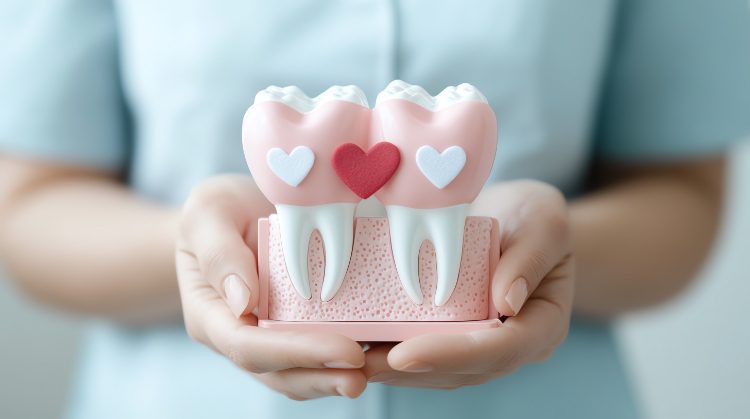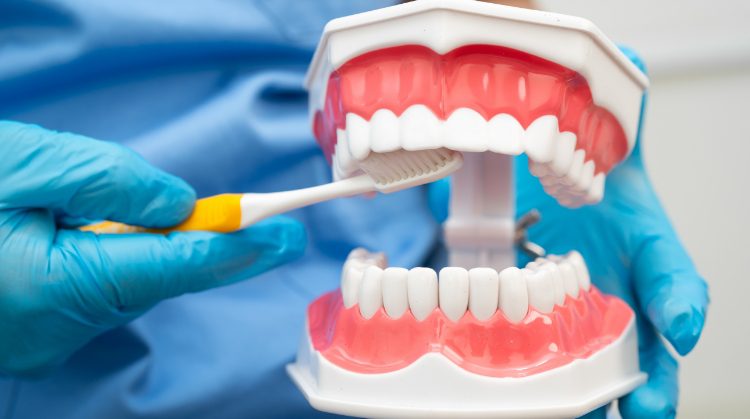Most dental professionals recommend avoiding charcoal toothpaste altogether due to its risks. If you choose to use it, limit it to infrequent use and follow with a fluoride toothpaste.
Charcoal toothpaste has become a hot trend in dental care, praised for its whitening effects and natural appeal. But is it actually safe for your teeth and gums? At the office of Amy Norman, DDS in Everett, WA, we get this question often. Let’s take a closer look at what dental experts say about charcoal toothpaste—and what you need to consider before adding it to your oral care routine.
What is Charcoal Toothpaste?
Charcoal toothpaste is made with activated charcoal, a fine black powder processed to increase its absorbency. This substance is known for trapping toxins and has been used in medicine for treating poisonings. In toothpaste, it’s marketed for its ability to remove stains, whiten teeth, and detoxify your mouth.
The Appeal of Charcoal Toothpaste
Many people are drawn to charcoal toothpaste for its natural ingredients and visible whitening effects. It can help remove surface stains caused by coffee, tea, red wine, and tobacco. Plus, its gritty texture gives the feeling of a deep clean. But just because it’s trendy doesn’t automatically mean it’s good for long-term dental health.
What the Experts Say
Dentists and researchers have raised several concerns about charcoal toothpaste:
- Abrasiveness: Charcoal is highly abrasive. While this helps scrub away stains, it can also wear down your tooth enamel over time. Once enamel is lost, it doesn’t grow back, leading to increased sensitivity and a higher risk of cavities.
- Lack of Fluoride: Most charcoal toothpastes do not contain fluoride, which is essential for strengthening enamel and preventing decay. Using fluoride-free toothpaste can leave your teeth more vulnerable to cavities.
- Potential Gum Damage: The abrasive particles can also irritate or damage the soft tissues of your gums, potentially leading to recession.
- Staining and Residue: Ironically, charcoal particles can get stuck in the tiny cracks and crevices of your teeth or dental restorations, sometimes causing dark stains instead of preventing them.
What Studies Show
A 2019 study published in the British Dental Journal found that there is insufficient scientific evidence to support the safety and efficacy claims made by charcoal toothpaste brands. In fact, it emphasized the risks of enamel erosion and the absence of fluoride in most charcoal products.
The American Dental Association (ADA) has also not given its Seal of Acceptance to any charcoal-based toothpaste, highlighting the lack of conclusive evidence about its benefits and safety.
Should You Use Charcoal Toothpaste?
Most dental professionals recommend avoiding charcoal toothpaste altogether due to its risks. If you choose to use it, limit it to infrequent use and always follow up with a fluoride toothpaste.
While occasional use may provide some whitening benefits, daily brushing with charcoal toothpaste is generally not recommended. The potential risks—such as enamel erosion and gum irritation—often outweigh the benefits.
For safer, more effective ways to brighten your smile, consult your dentist. They can suggest professional whitening treatments or ADA-approved whitening toothpaste that deliver results without compromising your dental health.
Safer Alternatives for a Brighter Smile
Here at Amy Norman, DDS in Everett, WA, we offer a range of professional whitening treatments tailored to your needs. Options like in-office whitening or custom take-home trays can provide noticeable results in a safe, controlled manner.
Additionally, using fluoride toothpaste, regular dental cleanings, and avoiding staining foods and beverages can help maintain a bright, healthy smile.
Conclusion
Charcoal toothpaste might seem like a natural, easy fix for stained teeth, but it comes with significant risks. Its abrasiveness can harm your enamel, and the lack of fluoride offers no defense against cavities. Always consult your dentist before trying new oral care products.
If you’re in Everett, WA, and wondering about the best and safest ways to enhance your smile, Amy Norman, DDS team are here to help!



